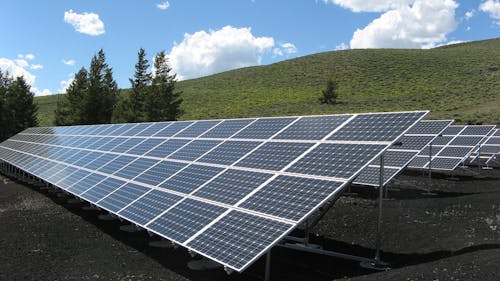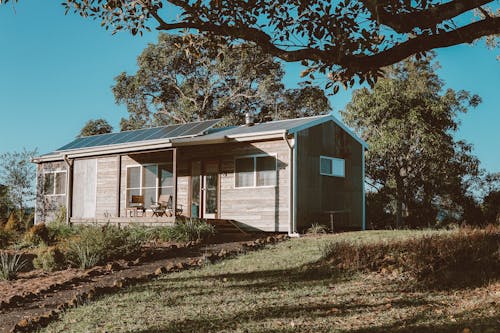What is Sustainable Urban Planning?
Concerns over global climate change, clean air, and water, renewable energy and land use still draw attention to sustainability, particularly sustainable urban planning - development strategies and practices that ensure sustainable, self-sustaining communities within the future. consistent with a 1987 United Nations information, sustainability is "development that meets the requirements of this without finding the middle ground the power of future generations to satisfy their own needs."
Sustainable urban planning encompasses many disciplines including architecture, engineering, biology, ecology, materials science, law, transportation, technology, economic development, accounting and finance, and government. Such planning improves inventive and practical methods to terrestrial use and its impact on natural resources.
Fresh sustainable solutions to urban planning complications may include green structure and housing, mixed-use development, walk-in capacity, greenways, and open spaces, energy sources like solar and wind, and transport opportunities. Good sustainable land use strategies support to develop the well-being of individuals and their group of people, shape their urban areas and neighborhoods into healthier, additional well-organized locations.
Importance of urban planners in sustainability
Creating sustainable groups - which include physical, economic, political, community, and environmental aspects - involves many challenges. consistent with the US Bureau of Labor (BLS), "the environmentally the friendly aspect of sustainability focuses on the aims of protecting the situation and safeguarding natural resources for present and future generations." to satisfy these goals, sustainability professionals, particularly urban and regional planners, create solutions and help businesses and communities achieve their resources, reduce the consumption of natural resources, and reduce their overall influence on the environment Enforces policies for.
Data consistency
Professional planners have confidence in a cooperative process involving citizens correspondingly as community officials and business leaders. Urban and regional planners collect communal input ashore use and sustainability and believe in statistics and professional exploration to develop, implement, and monitor long-term sustainability.
Sustainability, a think factory, and strategic advisory firm working to catalyze business leadership on sustainability, says that for today's industries and businesses, sustainability is additionally about business success: "environmental limitations Mandate to rework businesses to honor. Has become a singular platform for innovation on strategy, design, manufacturing and brand while meeting social needs and wishes, to adapt to the competition and a fast-paced world. Provides opportunities on a scale. "
Guide changes
Urban and regional planners are important in making a
neighborhood more vibrant for its residents and more attractive to new
businesses. As demographics and therefore the environment change as cities,
suburban areas, and municipalities, urban planning professionals must
revitalize projects and explore increase, environmental degradation, and
resource depletion (BLS). Planners also are required in new and existing
communities that need extensive development and better infrastructure,
including housing, roads, and highways, water and sewer systems, schools, health
care facilities, and parks.



![[Premium] La–Beauty Blogger Template Free Download](https://blogger.googleusercontent.com/img/a/AVvXsEg67j5OnLmQmcm7l4u7ycrp21wfWWlg4U_CZD2EG8ypX9P68d2x43iWpnqviuuRhYJMH9uMjEaqRVr1dib5w3wrSOsVV27Dj9GPNcWiGGU6vA1Ax1YS5LoI1wkWQp8EhrpdJu74AVoqonCbN4aFqCr-lSxR606aFblH3S-NxUGJ57wvER4Dw9qqwVT7Ag=w74-h74-p-k-no-nu)
